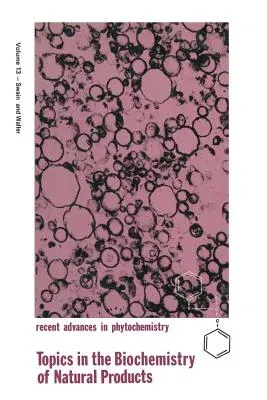Topics in the Biochemistry of Natural Products (Softcover Reprint of the Original 1st 1979)Paperback - Softcover Reprint of the Original 1st 1979, 12 December 2012

Qty
1
Turbo
Ships in 2 - 3 days
In Stock
Free Delivery
Cash on Delivery
15 Days
Free Returns
Secure Checkout

Part of Series
Recent Advances in Phytochemistry
Print Length
254 pages
Language
English
Publisher
Springer
Date Published
12 Dec 2012
ISBN-10
1475700997
ISBN-13
9781475700992
Description
Product Details
Book Edition:
Softcover Reprint of the Original 1st 1979
Book Format:
Paperback
Country of Origin:
NL
Date Published:
12 December 2012
Dimensions:
22.86 x
15.24 x
1.4 cm
ISBN-10:
1475700997
ISBN-13:
9781475700992
Language:
English
Location:
New York, NY
Pages:
254
Publisher:
Weight:
358.34 gm